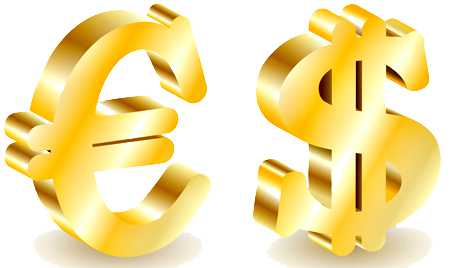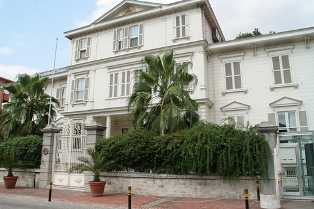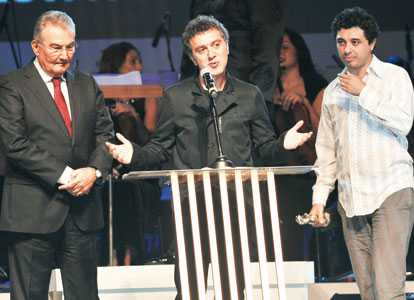
© Photo: SXC.hu
France is preparing a full-scale reform of the world financial system. Paris, which is chairing the G20 at present, is suggesting lowering the clout of the dollar, abandoning currency and trade wars, and focusing on economic cooperation.
This is not the first initiative of the French authorities for radical reform of the financial system. Paris is practically the main critic of the European Central Bank’s policies and opponent of a strong Euro which is hitting national exports. This time, French Minister of Finance Christine Lagarde has put forward the idea of reforming the world financial system so as to rule out the possibility of the authorities of different countries manipulating currency rates. Dmitry Smyslov, an expert from the Institute of World Economics and International Relations at the Russian Academy of Sciences, agrees that the need for this reform is ripe.
“The first problem is establishing an orderly, well-balanced international currency system, which is different from the one we have now, a system that is dollar-centric but not pinned to any realities or international agreements. The reason is that the Bretton Woods is no longer applied and now there are no clear-cut international boundaries within which the currency system functions.”
The French Minister of Finance did not even try to conceal that she was first and foremost unhappy about the respective moves of the USA and China. Those two countries are rather openly pursuing weak national currency policies that are beneficial for local manufacturers but detrimental for European ones. Experts warn that for this very reason these two giants of the world economy will be against the radical reconstruction of the world financial system. Analysts recommend that Europe should start with itself, that is establish a uniform taxation system, strengthen the economic integration of the EU and, most importantly, sort out its debts. The burden of this indebtedness is what is worrying investors and discrediting the Old World currency, Dmitry Smyslov says.
“Another issue for the EU authorities is improving how the European Currency Union functions. To achieve this aim, countries should agree upon their national budgets and centralize their coordination. Simultaneously, a permanent mechanism for helping countries in trouble should be set up.”
It is not all that simple. Even the establishment of a 750 billion euro Rescue Fund in 2010 could not do without a scandal. Some countries openly declared that they did not want to bail out their imprudent neighbours. While the Europeans were arguing, China built up its gold reserves, adding 19% in 2010, and even began to buy up the bonds issued by European countries. This strengthened the yuan even more. The USA breathed down China’s neck, raising the value of the dollar, pumping cash into the market and selling more and more bonds to foreign investors. France is hardly likely to be able to change this situation without serious support from other members of the G20.
, Feb 8, 2011





